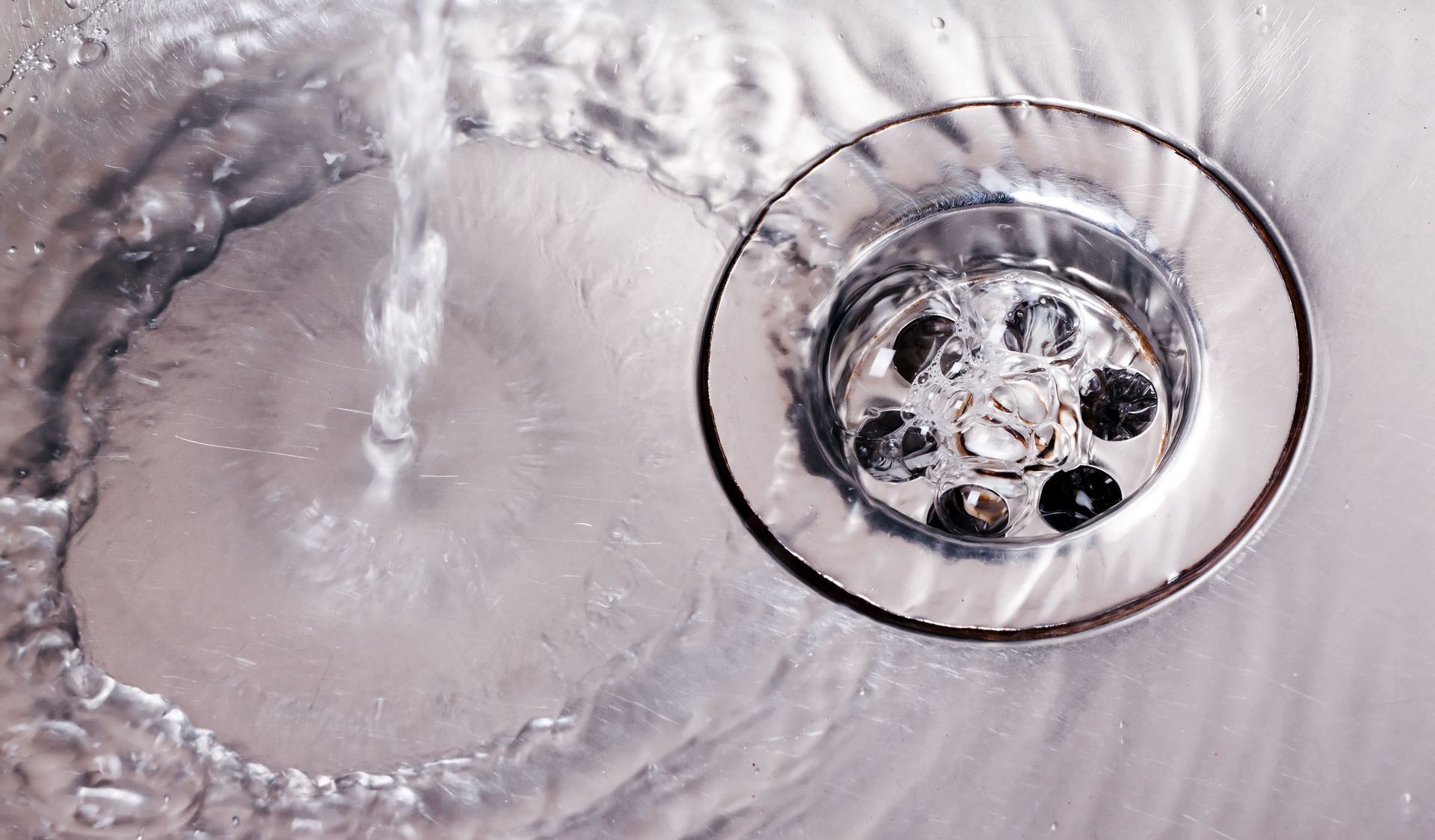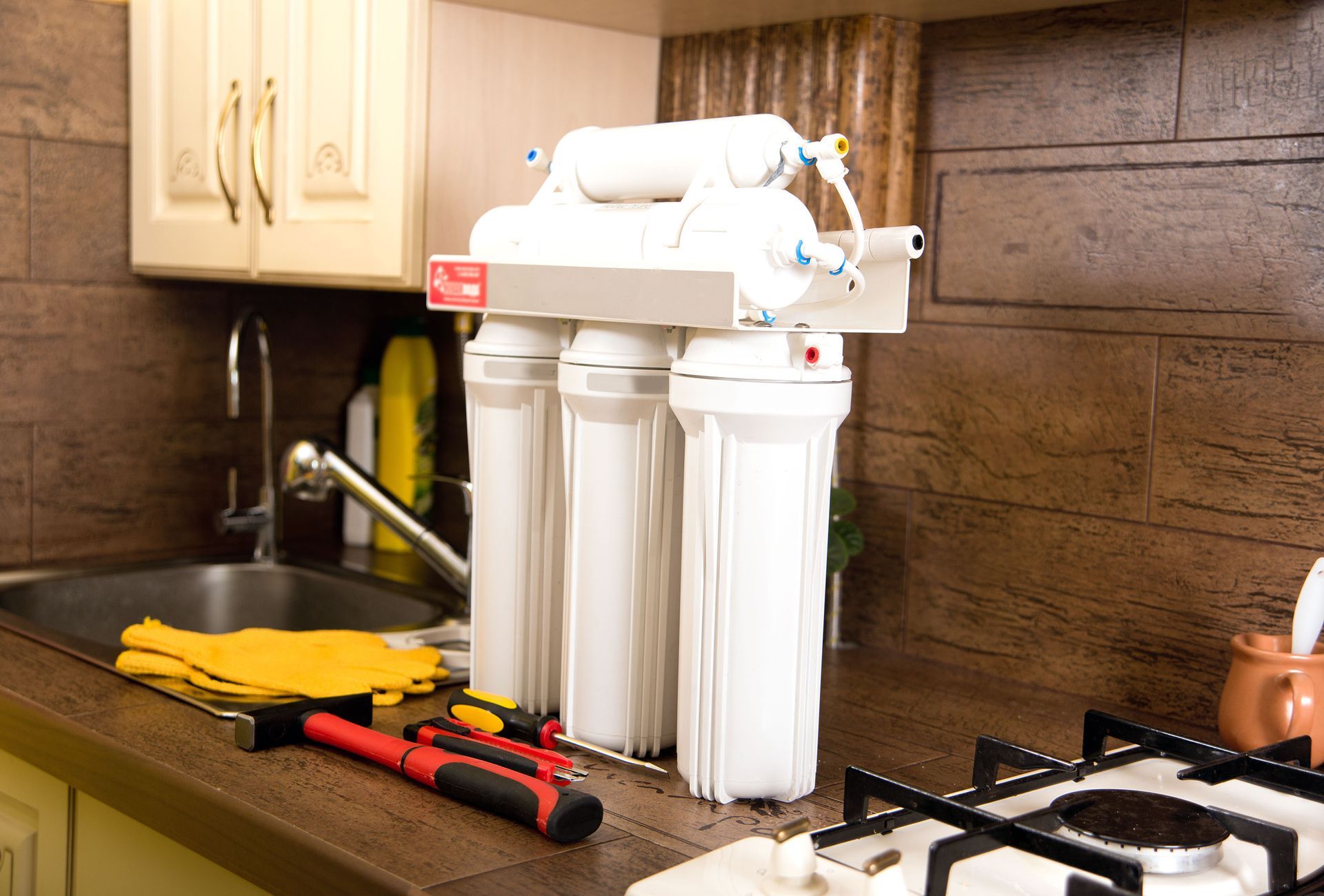Headquarters
Serving the Tri-State Area
Understanding the Differences Between Hard and Soft Water
Water is an essential part of our daily lives, but not all water is created equal. The quality of water can be distinctly classified as either hard or soft, and each type has unique characteristics that impact everything from household chores to personal health. By understanding these differences, you can make more informed decisions about your water consumption and home maintenance needs when it comes to water treatment.
What Is Hard Water?
Hard water contains high levels of minerals, specifically calcium and magnesium. These minerals accumulate as water percolates through soil and rocks, and they remain even when water is treated at a municipal plant. According to WebMD, around 85% of the U.S. water supply is hard, meaning that the majority of Americans are dealing with this mineral-rich water in their homes every day. The high mineral content can lead to scale buildup in pipes and appliances, reducing their efficiency and lifespan.
What Is Soft Water?
Soft water, on the other hand, has had most of its mineral ions removed. This is often achieved through a water-softening process that replaces calcium and magnesium ions with sodium or potassium ions. Soft water tends to be more beneficial for cleaning purposes, whether it's washing dishes, laundry, or even your hair. You'll notice that soap lathers more easily and rinses off more completely with softened water, leaving fewer residues behind.
Potential Concerns with Soft Water
However, soft water is not without its own set of concerns. Due to the higher sodium or potassium ion content, some people may find the taste of softened water to be somewhat salty. Additionally, those on low-sodium diets may need to consider alternative methods for water softening to avoid excessive sodium intake. It's important to weigh these factors when deciding whether to implement a water-softening system in your home.
In conclusion, both hard and soft water have their pros and cons. Hard water is mineral-rich and prevalent in the majority of the U.S., often leading to household maintenance issues. Soft water offers cleaning benefits but can introduce higher sodium levels. Being aware of these differences can help you make better choices for your household needs and lifestyle preferences. Are you looking for
water treatment? Call us at A Clear Alternative today!

serving
New Jersey
Eastern Pennsylvania
New York
Delaware
Business Hours
- Mon - Sun
- -
24/7 Emergency Services


Share On: